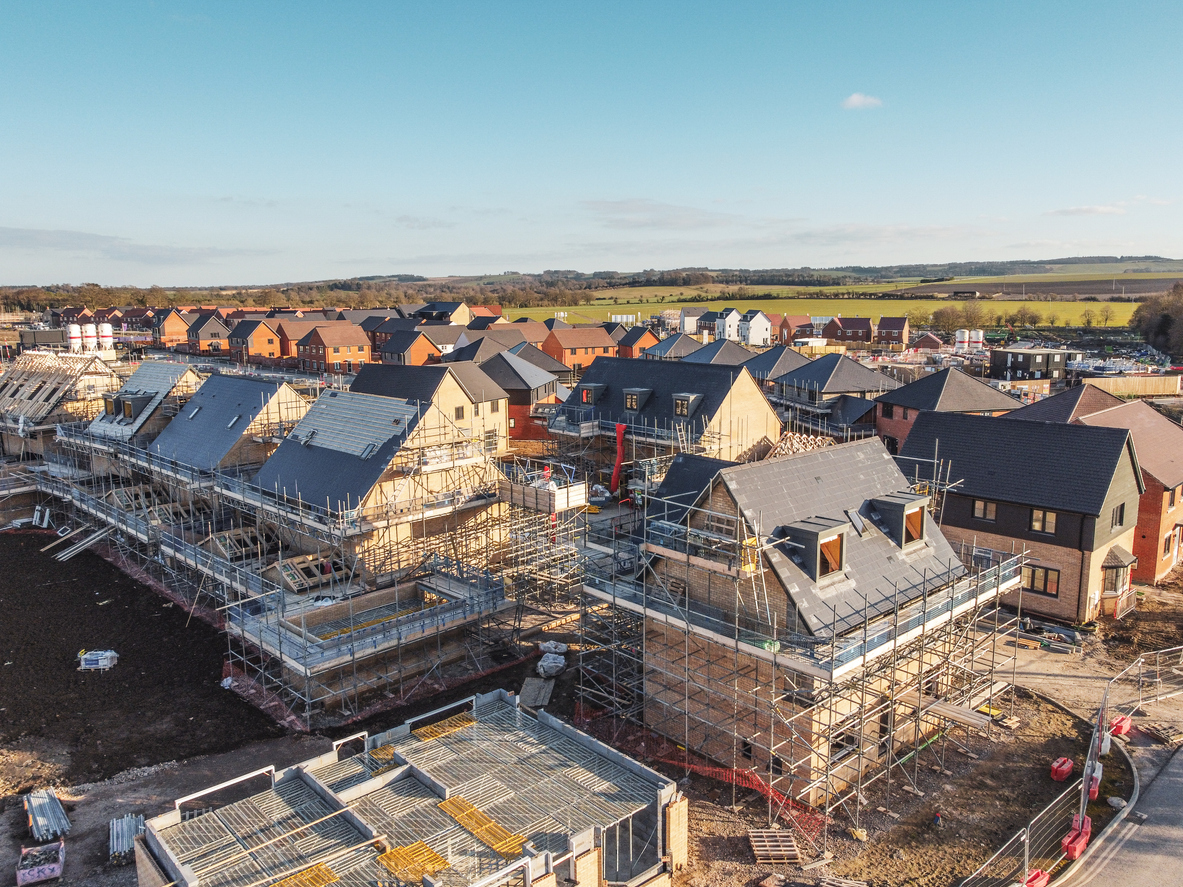It is hardly controversial to state that the UK is in the midst of a housing crisis; one that is, quite simply, a supply and demand issue.
The impacts of this are being felt across the country — not just in London. Renting in our most productive towns and cities has become increasingly unaffordable, people are stuck on social housing waiting lists, and the opportunity to buy your own home will seem out of reach for many, particularly our young people. My own children are older than I was when I held the keys to my first home, yet they are nowhere near being able to afford to do that.
Recent polling from the Adam Smith Institute, the think-tank of which I am patron, found that this concern for the home-owning prospects of the young, whether it be their children, their grandchildren, or their friends and peers, is felt by many across the country. In fact, when respondents were asked which consequence of our lack of housing supply most concerned them, the inability of young people to get on the housing ladder came out on top.
The moral case for solving this issue is self-explanatory. And as I saw in my time as housing and planning minister, there is a huge economic case for building more homes too. Every 100,000 homes we build is worth at least 1 per cent of GDP — and if we include supply lines, it can be argued as high as 3 per cent. The knock-on repercussions on the economy and on society when our most talented workers are unable to move to areas where they can find the best jobs, or when couples feel they can’t afford to have children at a time of their choosing, is undeniable.


But the good news is that there is actually huge support for new homes that are built in the right places, and in the right way — especially when we recognise that establishing community support should play a vital role in the development process, rather than being an afterthought.
The government has started to recognise that this approach can work. The recent implementation of “street votes”, under which residents can vote to densify their street, setting their preferred design codes and increasing the value of their property in the process, is a step in the right direction. But we must go further in addressing our housing shortfall.
A proposal to do just this would demonstrate the advantages of new housing development to the local residents in the areas where it would take place. Under a “Homes for All” scheme, the government would use compulsory purchase orders, a legal tool which can be used to buy land or property in order to support development which is in the public interest, to purchase metropolitan green belt land. This would be divided into shares to be issued to the original land owners, central and local government, and local residents. The increasing value of these shares as new development takes place, would directly link local residents’ increasing wealth to the new homes in the area.
It is important too that we address valid concerns about the impact of new housing on infrastructure. If we made developers directly responsible for creating the infrastructure that the community needs, and answerable to residents, rather than leaving it to the councils, local homeowners would feel far more able to support development near where they live.
Recent weeks have fuelled speculation about when the next general election is coming. Whenever it does, there is a real imperative to show young voters that the Conservatives are the party which supports their aspirations. We have historically always been the party of homeownership — and we should be striving every sinew to become the party of homeownership again. It is important to our economy and our communities that we build the homes our country needs. It is now incumbent on us to support new homes of all kinds in the areas where people want to live.
Politics.co.uk is the UK’s leading digital-only political website, providing comprehensive coverage of UK politics. Subscribe to our daily newsletter here.

